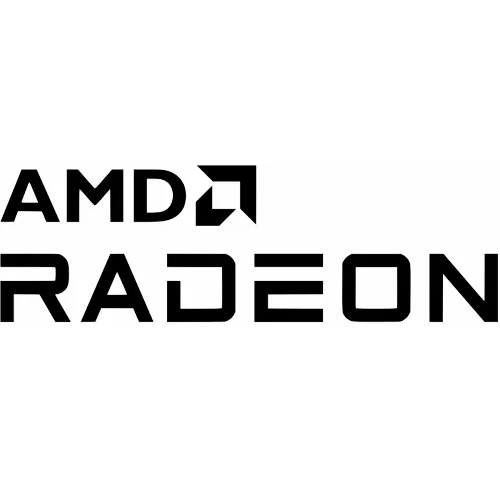The Expected Linux Driver State For The Radeon VII

AMD hasn't communicated yet about the Linux driver support for Radeon VII, I don't have any review sample or the like at this time, but given the number of questions since yesterday about Linux support, here's what I know based off my close monitoring of the AMD open-source Linux driver development.
Radeon VII is almost definitely part of the new batch of Vega PCI IDs added last month to the AMDGPU kernel driver. If it isn't, well, then there isn't any Radeon VII Linux support right now. But considering the hardware launch is less than one month away and is just a Vega refresh, it's pretty safe to assume it's part of those IDs added. And we haven't heard of any other new Vega cards since December...
Those IDs made it into the Linux 4.20 kernel, which debuted just before Christmas. The IDs were also marked for back-porting to existing kernel stable series (i.e. LTS kernels). But for those on non-rolling-releases like Ubuntu 18.10 where new kernel versions aren't included as part of SRUs, you may need to grab yourself a new kernel and Mesa build from third-party repositories/PPAs for seeing Radeon 7 support.
We haven't seen any Radeon Linux driver patches then specifically targeting those new IDs. So there doesn't appear to be any power management changes, dropping of any Vega workarounds compared to first-gen, etc. We have seen some common Vega updates obviously recently, including just yesterday for updating some golden registers for Vega, but nothing catered explicitly conditionalized around these new IDs.
So unless there is a set of patches not yet published that are needed for Radeon VII or AMD sneaked in some changes under a carefully crafted commit message, it appears to be a clean 7nm shrink of Vega / identical to Vega 20 Radeon Instincts from the driver perspective. Hopefully other patches aren't needed as otherwise it would jeopardize the Linux driver support at launch-day with those patches not likely to hit the kernel and Mesa before 7 February in the leading Linux distributions. Also, hopefully it's not like the recent Radeon RX 590 launch where the Linux support appeared in order but last-minute retail vBIOS changes led to problems and that taking a few weeks post-launch to sort out before the RX 590 Linux driver support was in good standing.
So, fingers crossed, the Radeon VII is ready to go on Linux if you are using Linux 4.20+ (the PCI IDs are marked for stable as mentioned, but using the latest kernel is always recommended for optimal support and performance) and with Linux 4.20 there are some nice performance improvements or if opting for the Linux 5.0 release candidates there is the long-awaited FreeSync support. On the Mesa side, the new Vega IDs are in Mesa 18.2.8 and newer. Obviously there too, I always recommend the very latest stable Mesa (18.3.1+) if you do not want to ride Mesa Git snapshots for the bleeding-edge features and performance out of RadeonSI and RADV.
AMD hasn't yet communicated whether I'll be receiving a Radeon VII review sample for Linux benchmarking but otherwise will be (sadly) picking one up ASAP in February for shedding more information on the Linux state of this 7nm Vega and obviously a ton of gaming and compute benchmarks. Besides the Radeon VII gaming performance reportedly competitive with the RTX 2080, the OpenCL performance improvements mentioned during Wednesday's keynote were also quite enticing.
24 Comments

